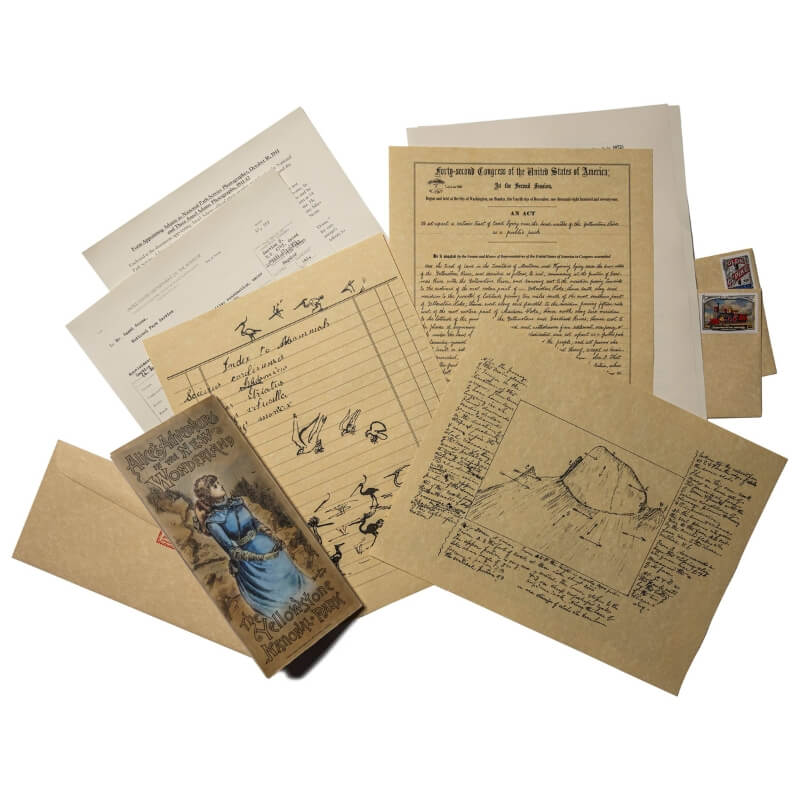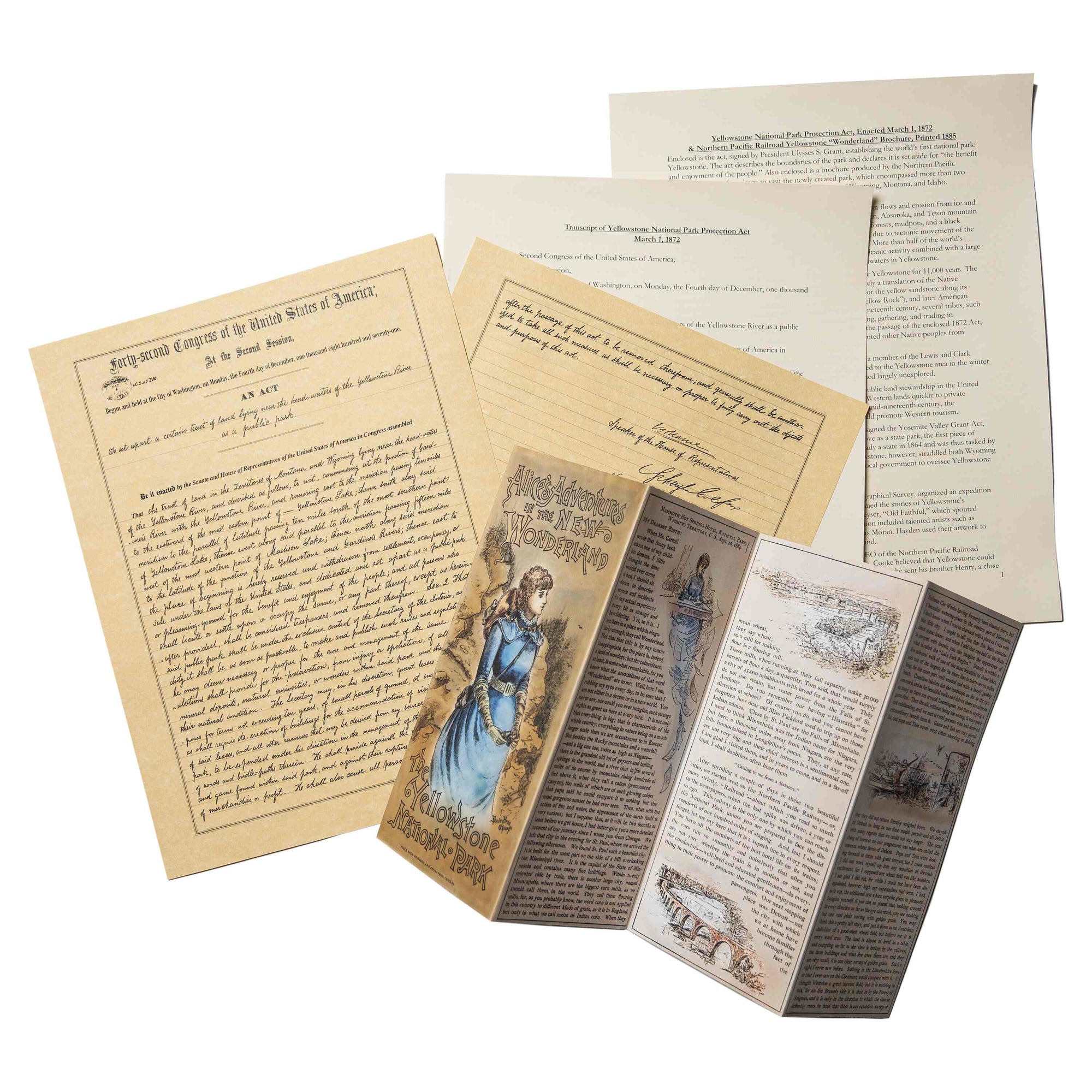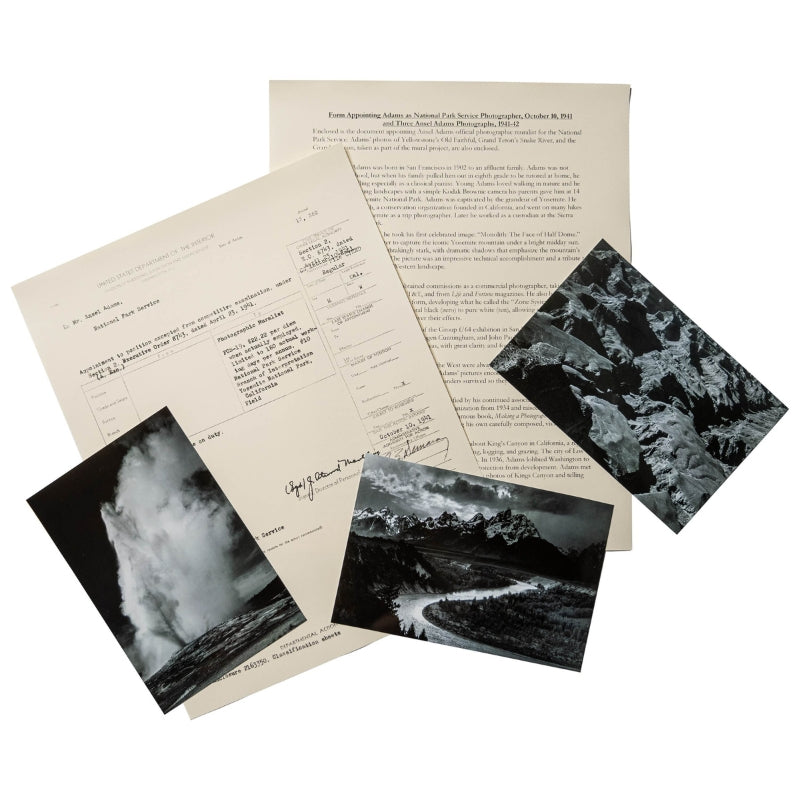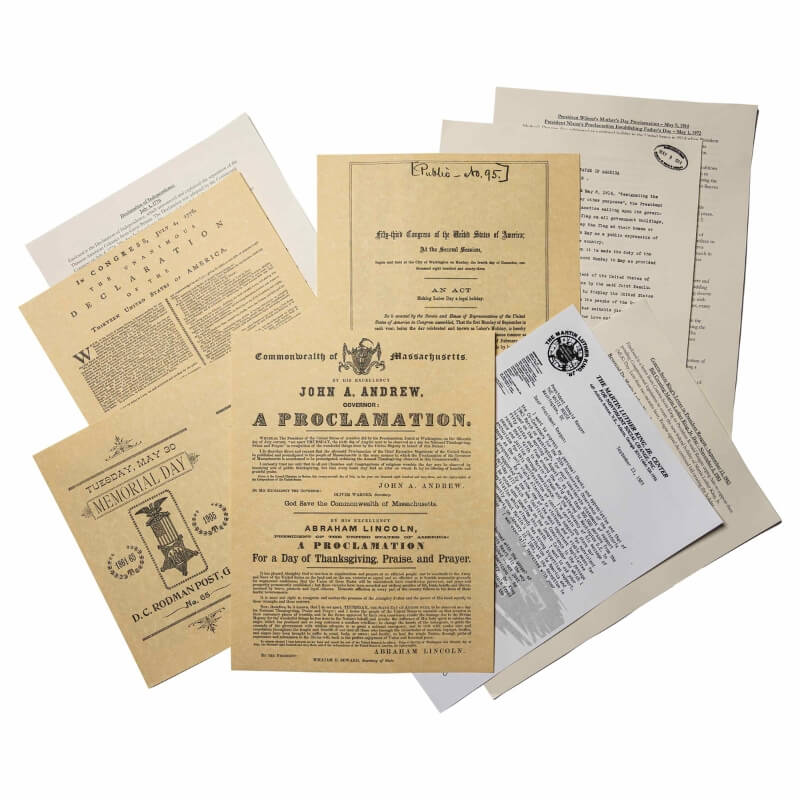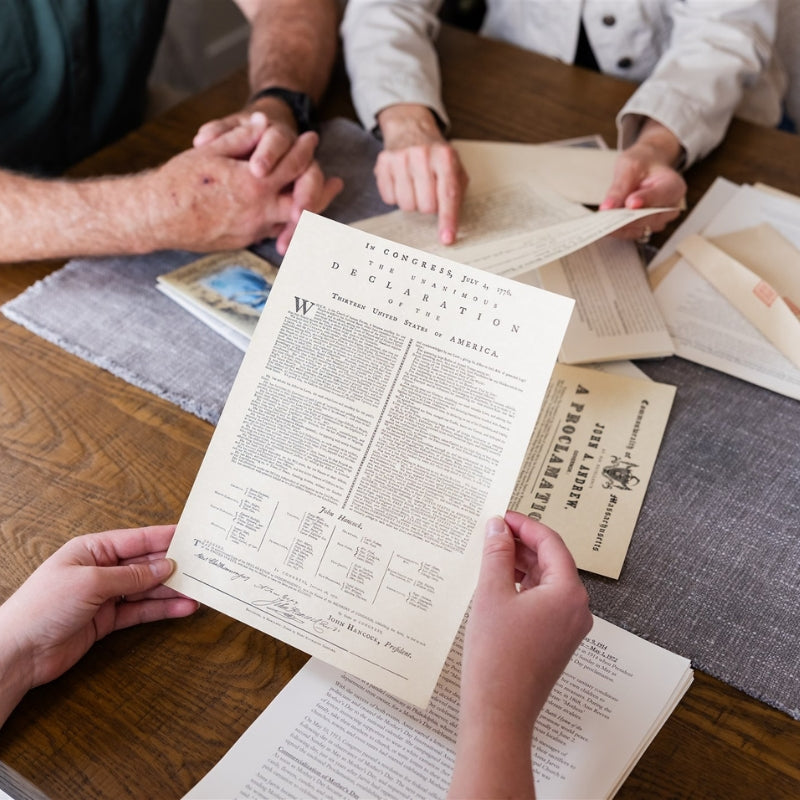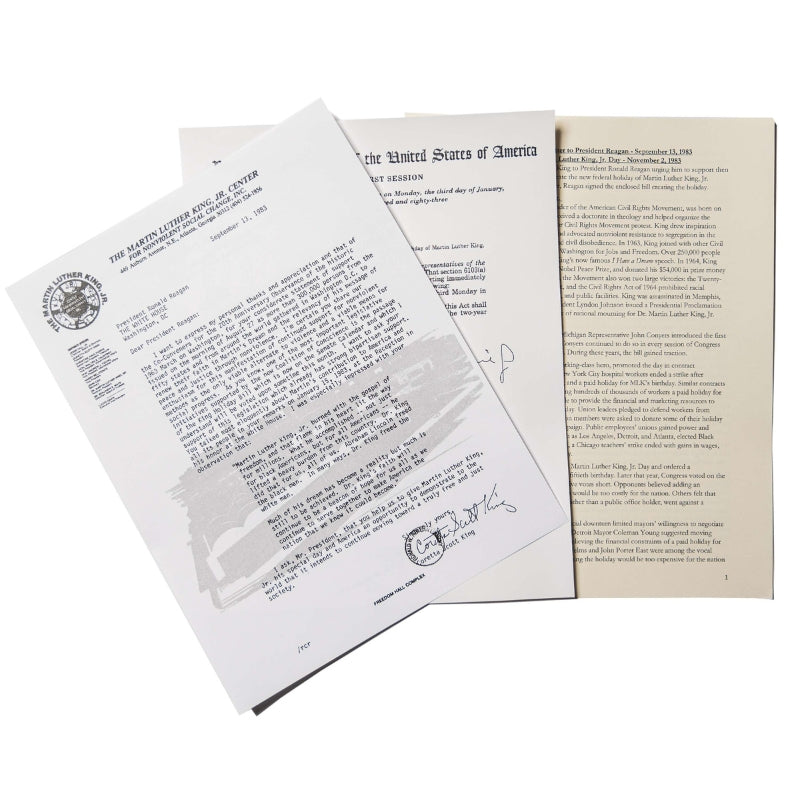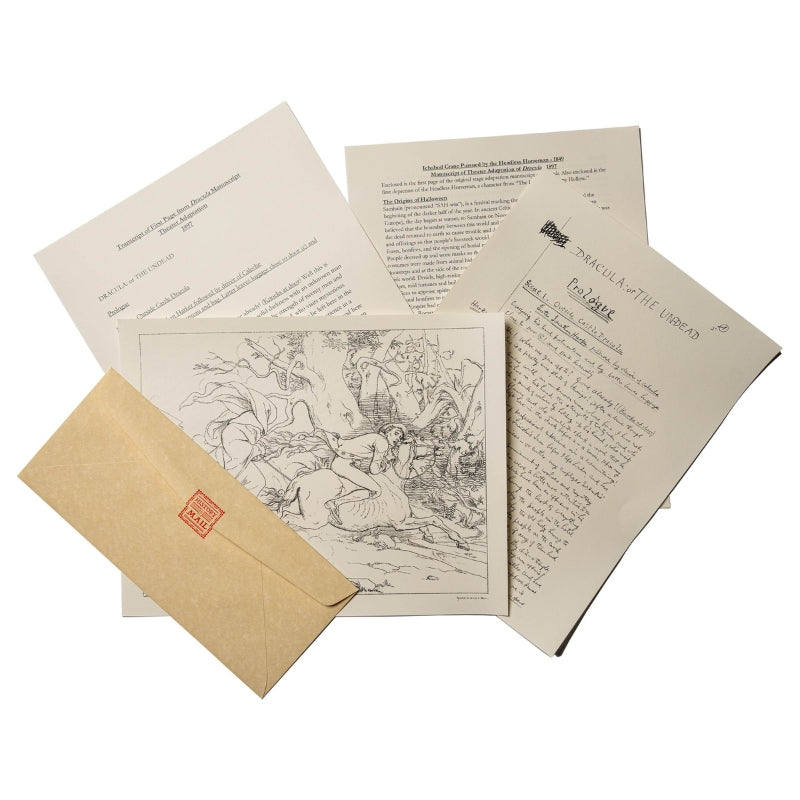Like Mother’s Day, the first event specifically honoring fathers in the U.S. was held in a church in West Virginia. Held in 1908, the event honored 362 men who had died in a coal mine explosion. In 1909, twenty-seven-year-old Sonora Smart Dodd had an idea to create a day honoring fathers while listening to a Mother’s Day sermon at the Central Methodist Episcopal Church in Spokane, WA.
Sonora greatly admired her father, William Jackson Smart, a Civil War veteran and widower who raised her and five brothers when her mother Ellen died in childbirth in 1898. Sonora felt that fatherhood also needed recognition and suggested to the Spokane Ministerial Alliance that they recognize a Father’s Day on her own father’s birthday, June 5. The Alliance selected the third Sunday in June. Sonora lobbied Washington state officials, business owners, communities, and churches to celebrate a Father’s Day, and Washington celebrated the first statewide Father’s Day on June 19, 1910, the birth month of Dodd’s father. Sonora handed out presents to shut-in fathers, children gave small presents to their fathers, boys from the YMCA decorated their laps with roses (red for living fathers, white for deceased), and ministers gave sermons devoted to fatherhood.
News of Washington State’s Father’s Day spread nationwide. Letters poured in from all over the country and Sonora recruited several Spokane women to answer them. In 1916, President Woodrow Wilson and his family personally observed the holiday. Wilson also used telegraph signals to unfurl a flag in Spokane by pressing a button in Washington, D.C. In 1924 President Calvin Coolidge signed a resolution urging states to celebrate Father’s Day, “to establish more intimate relations between fathers and their children and to impress upon fathers the full measure of their obligations.”
Opposition to Father’s Day, however, was widespread. Many thought the holiday was merely a way for storekeepers to sell more products often paid for by fathers themselves. A Parents’ Day movement arose in the 1920s and 30s to combine Mother’s Day and Father’s Day so that parents could be honored together. During the Great Depression, retailers began heavily promoting the holiday to sell men’s products. During WWII and after, retailers promoted Father’s Day to honor American troops. By the time millions of American fathers returned home from WWII, Father’s Day was celebrated nationwide. In 1966, President Lyndon B. Johnson signed an executive order declaring the third Sunday of June as Father’s Day and in 1972, President Richard Nixon established the official national observance of Father’s Day on the third Sunday of June. Sonora Smart Dodd died six years later at the age of 96, having seen her idea become a reality nationwide.





